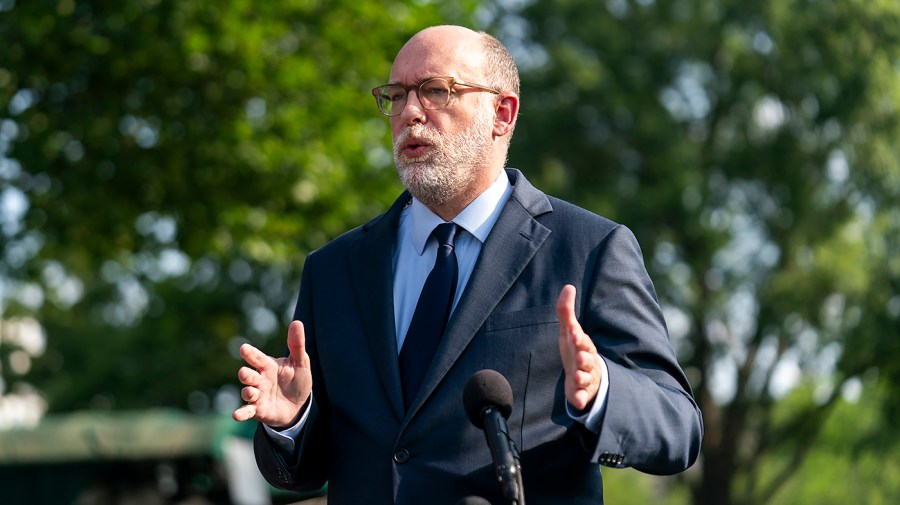The White House is considering a contentious strategy known as “pocket rescissions,” which would enable the administration to block federal funding previously authorized by Congress without lawmakers’ consent. This approach, discussed by White House budget chief Russell Vought, reflects the administration’s ongoing efforts to reduce federal spending. While some within the Republican Party are wary of this tactic, concerns also extend to its legality.
Understanding Pocket Rescissions
Pocket rescissions could allow the president to withdraw previously allocated funds without waiting for congressional approval. Historically, Congress has rescinded federal funding through legislative means, but the president has the authority to initiate a special process to rescind funds, albeit with congressional approval required for the final decision.
Earlier in the month, the Trump administration became the first in decades to successfully reclaim funds, with Congress rescinding approximately $9 billion in foreign aid and public broadcasting funding. The Impoundment Control Act (ICA) governs this process, allowing the administration to withhold funding for up to 45 days while Congress considers the request. If Congress does not approve the request within that timeframe, the funds must be released.
The proposed pocket rescission would involve the president submitting a request to Congress shortly after the fiscal year ends on September 30. If Congress does not act, the funds would effectively expire. Vought explained that “the money evaporates at the end of the fiscal year,” positioning this tactic as a way to reduce federal spending without legislative intervention.
Legal Implications and Congressional Authority
Experts have expressed mixed opinions on the legality of pocket rescissions. Some argue that it could be an illegal impoundment, while others see it as a potential loophole in current budget law. Bobby Kogan, a former Senate budget aide and senior director at the Center for American Progress, emphasized that withholding funds could violate legal obligations.
Kogan provided a scenario involving a program allocated $10 billion to be spent by the end of fiscal year 2025. If the administration withholds funds later in the year, it could lead to significant financial losses for that program. He remarked, “It’s an illegal impoundment, but even if you did that, too late, you’re out of luck.”
Despite the concerns, Richard Stern, a former congressional staffer and director at the Heritage Foundation, noted that there is some legal consensus that the maneuver could be valid, although few court cases have tested this interpretation. He suggested that if the administration suspects fraud in a program, it might have grounds to withhold funds temporarily.
Vought has characterized pocket rescissions as “one of the executive tools” available to cut federal spending, although he acknowledged that the administration has not yet decided to implement this strategy.
Critics, including Democrats, argue that the maneuver contradicts the intent of the ICA. The Government Accountability Office (GAO) stated in a 2018 report that the ICA “does not permit the withholding of funds through their date of expiration.” Kogan added that the interpretation of the law by the administration undermines its fundamental purpose.
Potential Congressional Responses
Should the administration proceed with pocket rescissions, Congress may respond by providing new funding for targeted programs through government funding bills or continuing resolutions, which are designed to keep the government operational. Experts suggest, however, that additional measures would likely be necessary to restore funding lost via pocket rescissions.
Lawmakers from both parties have raised concerns regarding the legality of this approach, with one House GOP member asserting that it could be “unconstitutional.” Other analysts argue that this tactic poses a threat to Congress’ “power of the purse.” Philip Wallach, a senior fellow at the American Enterprise Institute, stated that if Congress wishes to maintain control over spending, it must actively engage in the process to ensure that the Office of Management and Budget does not unilaterally decide funding allocations.
As discussions continue, some lawmakers are likely seeking to resolve these issues discreetly to prevent escalating tensions. However, if significant amounts of funding are withheld through pocket rescissions, it may lead to an unavoidable confrontation over congressional authority and spending control.
